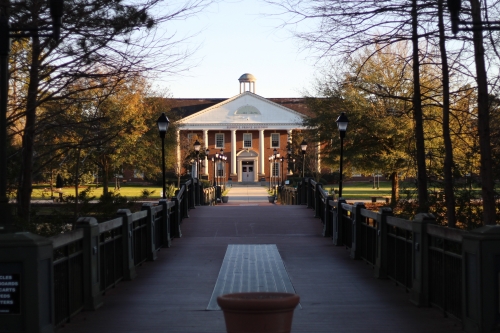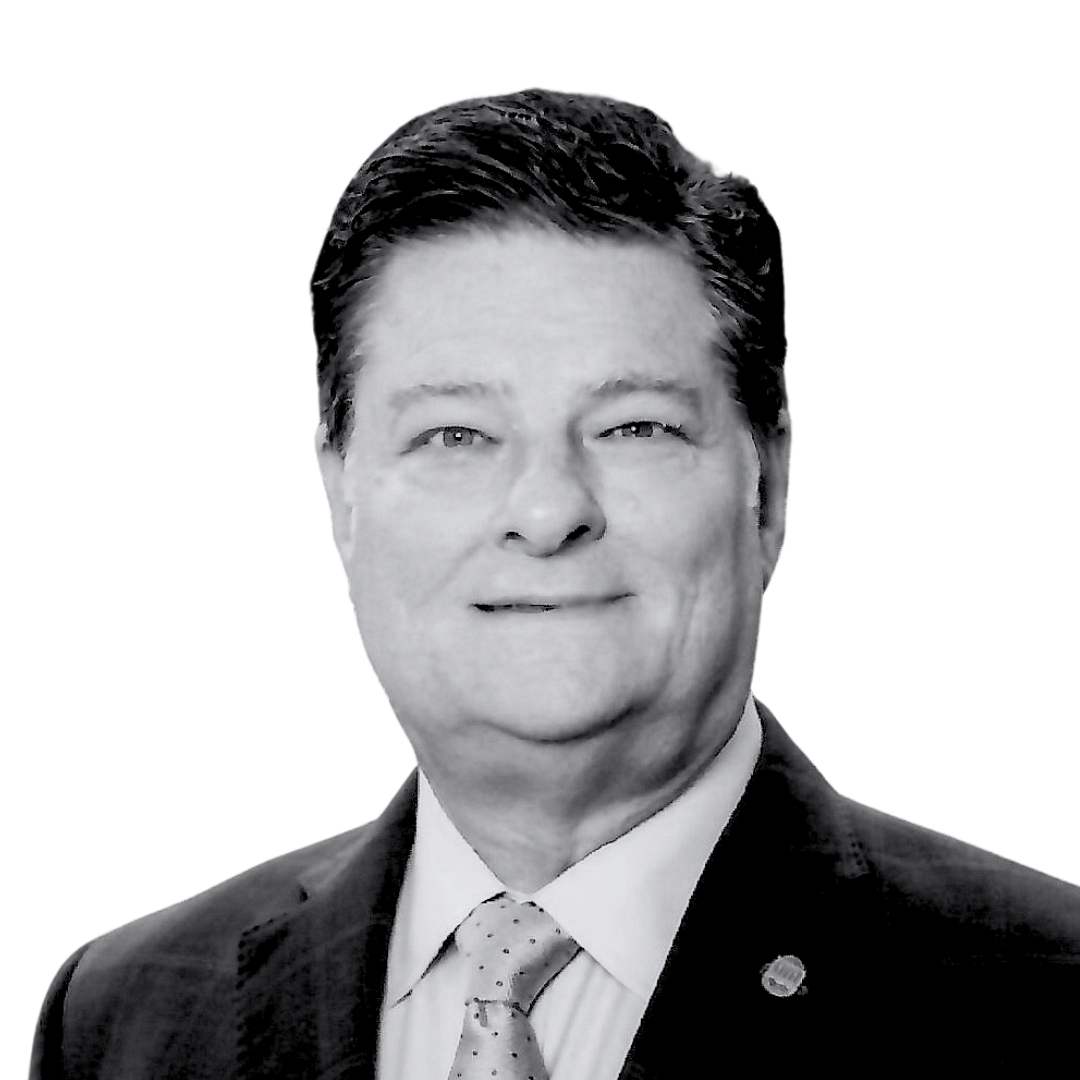Three Cheers for Free Speech
Three Cheers for Free Speech
Though a few decades have passed since I matriculated “where the Blue Ridge yawns its greatness,” I am quite certain that during my undergraduate years at Clemson there was an openness to a wide range of opinion. The dominant view among faculty, administration, and students was that college should be a place for being confronted with opposing views to one’s own.
Debate was common and encouraged. Professors in the social sciences didn’t require toeing some party line to award a good grade. Speakers invited to campus to present their ideas were from all along the ideological spectrum.
That “let a thousand flowers bloom” or “marketplace of ideas” mentality began to wane in higher education in America about twenty-five years ago. This led to the coining of the term “politically correct,” and campus speech codes. Higher education was less classically liberal, it was turning illiberal. Even more recently, speakers to college campuses have been driven from platforms by students who did not agree with their views or were offended by them. Comedian Chris Rock made it known that he would no longer be accepting invitations to college campuses. He finds the students just too sensitive.
Concerned at the increasing close-mindedness that had begun to prevail in academic life, but unwilling to leave any doubt about its opposition to racism and xenophobia, one of America’s most respected universities empaneled a committee to study the matter.
Normally the product of a dreaded ad hoc committee—be it legislative, ecclesiastical, or academic—is unlikely to reach any memorable conclusions. Very seldom is a committee product actually quotable. (Yes, a committee was charged with the writing of The Declaration of Independence, but we know who actually wrote it.)
Enter The Report of the Committee on Free Expression at the University of Chicago. The genius of that Committee’s findings actually are quotable:
In a word, the University’s fundamental commitment is to the principle that debate or deliberation may not be suppressed because the ideas put forth are thought by some or even by most members of the University community to be offensive, unwise, immoral, or wrong-headed. It is for the individual members of the University community, not for the University as an institution, to make those judgments for themselves, and to act on those judgments not by seeking to suppress speech, but by openly and vigorously contesting the ideas that they oppose. Indeed, fostering the ability of members of the University community to engage in such debate and deliberation in an effective and responsible manner is an essential part of the University’s educational mission.
Now known as The Chicago Statement, nearly 90 institutions in the United States have affirmed its principles by signing on. This is news in South Carolina this summer because last week (August, 2022) the Board of Trustees of Coastal Carolina University became the third institution in the Palmetto State to subscribe in principle to the Statement. The pioneer was The Citadel (June, 2016). Winthrop University joined in August, 2020.
We are hopeful that other South Carolina state (and private) universities will add their names to this powerful statement “articulating [a] University’s overarching commitment to free, robust, and uninhibited debate and deliberation among all members of the University’s community.”
We recommend that you read the full Chicago Statement. You’ll be glad you did.
Note: As this post was being prepared for publication, the University of North Carolina at Chapel Hill voted to affirm The Chicago Statement and an additional policy that requires funds derived from student fees to be distributed on a “viewpoint neutral” basis. This not a misprint. The University of North Carolina at Chapel Hill.






